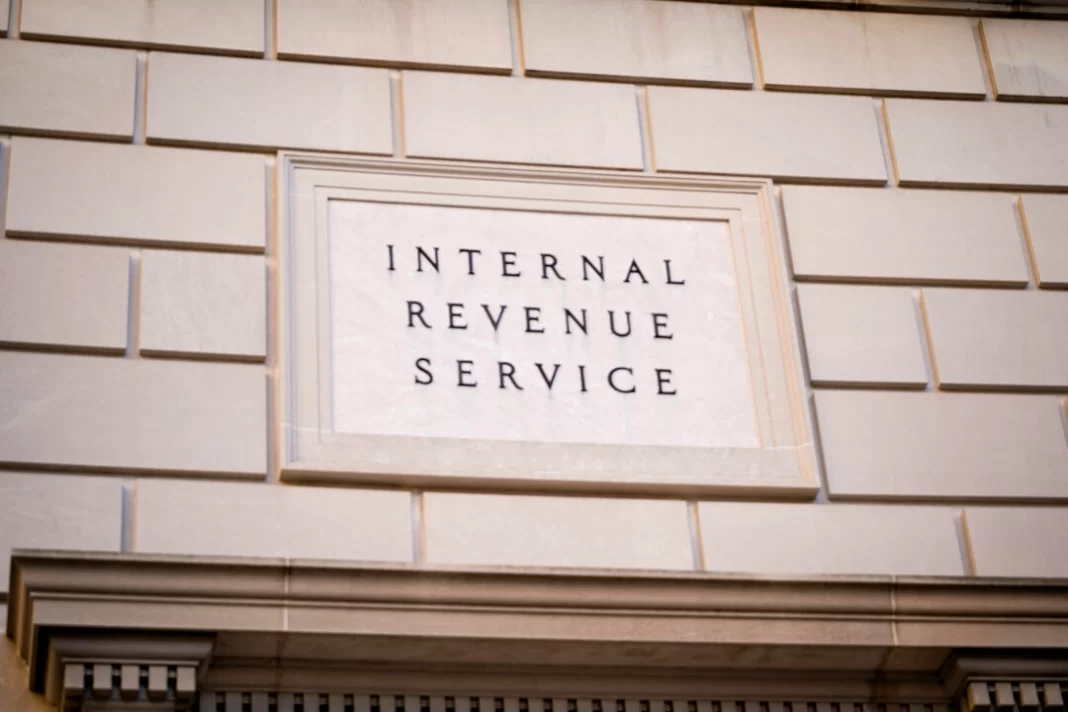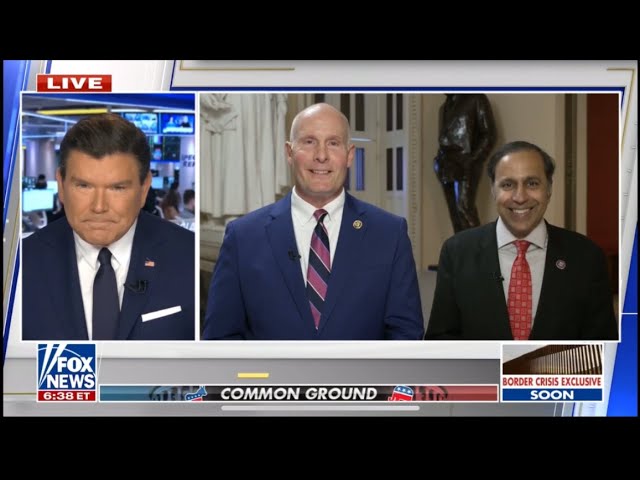The agency is concerned about how many taxpayers ‘have been misled and deluded into thinking they’re eligible for a big payday,’ Commissioner Danny Werfel said.
The Internal Revenue Service (IRS) plans to deny billions of dollars worth of improper claims for COVID-19 pandemic-era tax credits, it announced on June 20.
The agency said in a press release that the planned rejections follow a detailed review that confirmed “widespread concerns about a large number of improper claims,” and provided new insight into what it defined as “risky” ERC activity.
During the review process, IRS agents analyzed more than 1 million Employee Retention Credit (ERC) claims representing more than $86 billion.
“We will now use this information to deny billions of dollars in clearly improper claims and begin additional work to issue payments to help taxpayers without any red flags on their claims,” IRS Commissioner Danny Werfel said.
The ERC refundable tax credit, also called the Employee Retention Tax Credit or ERTC, was created by Congress in March 2020 amid the COVID-19 pandemic and was meant to help businesses retain employees during government-imposed lockdowns.
The credit is available to eligible employers that paid wages to some or all employees after March 12, 2020, and before January 1, 2022, although eligibility and credit amounts vary depending on when the business was impacted.
IRS Asks Employers to Voluntarily Correct False Claims
However, the program—which is available only to employers, and not individual taxpayers—quickly became a magnet for fraud and the number of fake ERC applications soared, despite the risk of penalties.
According to the IRS, aggressive marketing and promotions last year led to many people being “misled” into filing for the ERC.
As a result of the flood of claims, the agency announced a moratorium last fall on processing claims submitted after September 14, 2023, to allow time to study around 1 million claims and determine how many were genuine.
“These complex claims take time, and the IRS remains deeply concerned about how many taxpayers have been misled and deluded by promoters into thinking they’re eligible for a big payday. The reality is many aren’t,” Mr. Werfel said.









